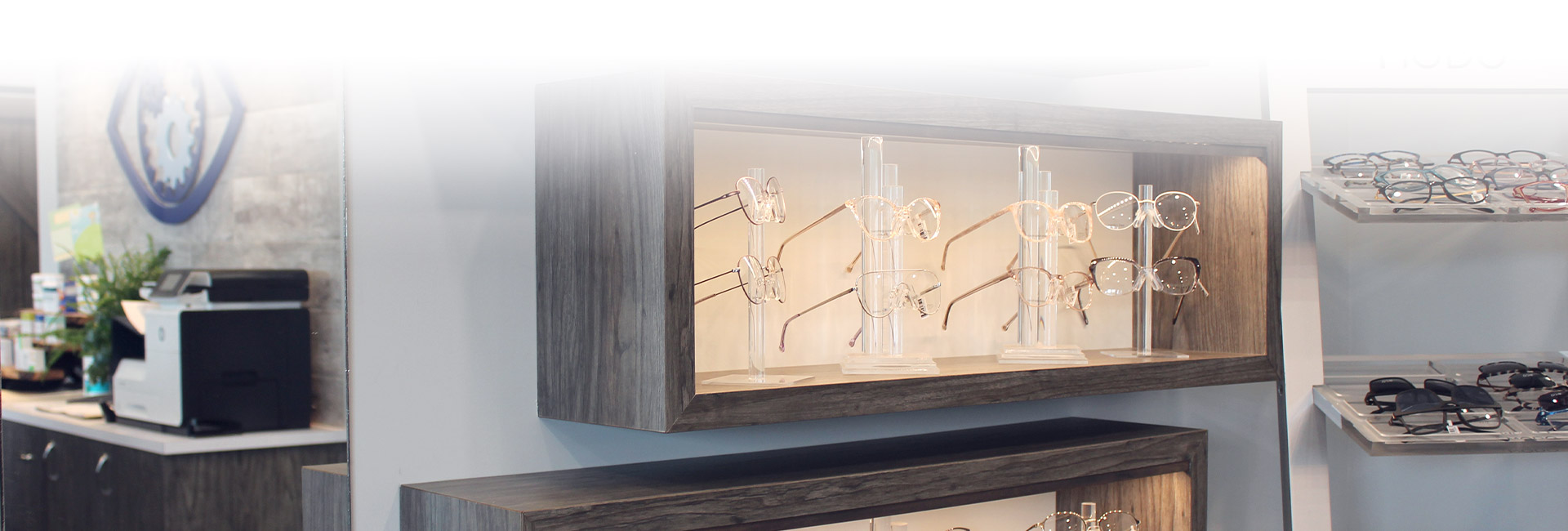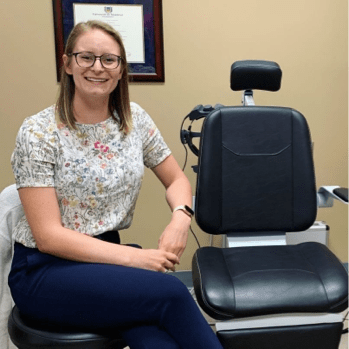When it comes to a child’s academic success, clear vision is more influential than many parents realize. Vision problems can hinder a child’s academic performance by causing issues that range from reading difficulties to limited classroom engagement.
Poor vision can often be mistaken for learning disabilities, leading to misdiagnosis and improper treatment. A pediatric optometrist plays a crucial role in identifying and addressing vision-related learning issues.
Pediatric optometrists can detect vision-related learning issues through comprehensive eye exams, which identify problems such as refractive errors, eye tracking difficulties, and binocular vision issues.
By using specialized tests tailored for children, pediatric optometrists assess how well a child’s eyes work together, which is essential for reading and learning.
The Importance of Early Detection
Early detection of vision problems is vital. Pediatric optometrists recommend regular eye exams to catch and correct issues before these issues impact a child’s learning.
Identifying vision problems early allows for timely intervention, which can prevent long-term academic struggles and boost a child’s confidence and performance in school.
Common Vision Problems in Children
Several common vision problems can affect children’s learning abilities. Recognizing these issues is the first step in seeking appropriate care.
Nearsightedness (Myopia)
Nearsightedness, or myopia, occurs when distant objects appear blurry. Children with myopia may struggle to see the board or screen at the front of the room, leading to missed information and reduced classroom participation.
Farsightedness (Hyperopia)
Farsightedness, or hyperopia, makes close objects appear blurry. This can cause difficulties with reading and writing, as children have to strain to see words clearly, leading to headaches and eye fatigue.
Eye Alignment Issues
Eye alignment issues, such as strabismus or convergence insufficiency, can make it hard for children to follow lines of text or switch focus from near to far objects.
These issues can disrupt reading flow and comprehension, making schoolwork more challenging.
Signs Your Child May Have Vision-Related Learning Issues
Being aware of the signs that indicate vision-related learning issues can help parents take timely action.
Difficulty Reading or Focusing
If your child has trouble reading or maintaining focus on tasks, this might be due to an underlying vision problem. Skipping lines, losing their place while reading, or needing to use a finger to track words can be red flags.
Frequent Headaches or Eye Strain
Children who often complain of headaches or eye strain, especially after reading or doing homework, may be experiencing vision issues. These symptoms often indicate that the eyes are working too hard to focus.
Avoiding Schoolwork or Reading
Avoidance behaviours, such as reluctance to read or complete schoolwork, can also signal vision problems. Children may avoid these tasks to escape the discomfort or frustration caused by their vision difficulties.
How Vision Therapy Can Help Improve Learning
Vision therapy offers numerous benefits for children with learning-related vision issues.
Strengthening Visual Skills
Through targeted exercises, vision therapy strengthens the coordination required for efficient visual function. This helps children learn and read more easily and accurately.
A vision therapy program is a tailored visual exercise program that strengthens the brain-eye connection. Many exercises in vision therapy promote better eye tracking, eye teaming, and visual focusing. When these visual skills are engrained, learning becomes easier and less frustrating for children.
Incorporating these fun vision therapy exercises into a child’s routine can significantly boost their visual skills and overall reading ability!
Enhancing Focus & Concentration
Improved visual skills lead to better focus and concentration during schoolwork. Children can maintain their attention on tasks for longer periods, thereby enhancing their overall learning.
When to Schedule an Eye Exam for Your Child
Children should have their first comprehensive eye exam at 6—9 months, then at 2—5 years, and before starting school. Regular screenings during these key milestones ensure any vision issues are detected early.
Regular Checkups to Monitor Vision Development
Even if no issues are detected initially, regular checkups are crucial to monitor vision development. Annual eye exams help catch any emerging problems before they affect learning.
Need Help with Your Child’s Vision Issues?
Vision plays a vital role in a child’s learning and academic performance. Awareness of common vision problems and their impact on learning can help parents seek timely intervention.
Pediatric optometrists are equipped to diagnose and treat these issues, and offer solutions like corrective lenses and vision therapy.
Ensuring your child has regular eye exams and addressing any vision concerns promptly can make a significant difference in their academic success.For personalized vision care for your child and expert guidance, book an appointment with Beyond 20/20 Optometry.




